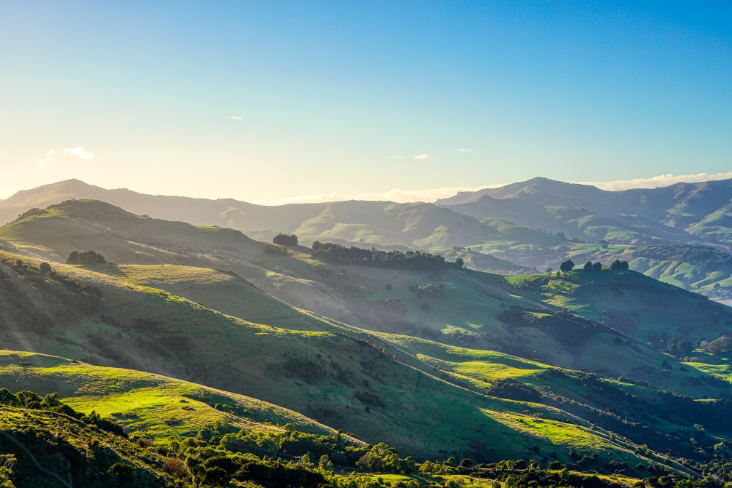Environmental groups 'horrified' by government's Fast-Track Approvals Bill
22 March, 2024
Interviews by Sofia Roger Williams, Jessica Hopkins, and Caeden Tipler, adapted by Ashley-Rose Redstone
Forest and Bird, Greenpeace, Climate Justice Taranaki, and Coromandel Watchdog of Hauraki, have all spoken out about proposed legislation that would give ministers complete authority to approve significant projects.
This month, the government introduced its Fast-Track Approvals Bill, which aims to speed up the resource consent process for major infrastructure and development projects.
Under this bill, if the three Ministers responsible for infrastructure and transport; NZ First's Shane Jones and National's Chris Bishop and Simeon Brown, deem a project to be of regional or national significance, it will bypass public consultation.
An expert panel will have six months to advise the government whether a project will negatively affect the environment, but ministers will have the final say.
The new process is set to replace existing laws including the Resource Management Act, the Wildlife Act, the Conservation Act, the Reserves Act, the Heritage Act, coastal permits under the Fisheries Act, the Crown Minerals Act, and the Public Works Act.
There will also be projects included in the legislation to be immediately approved, however, these are yet to be announced.
Environmental groups have expressed concerns that ministers will override existing wildlife and conservation protections; approving new seabed mining, irrigation dams, aquaculture, and mining on conservation land.
Climate Justice Taranaki Spokesperson, Urs Signer, told 95bFM’s The Wire that they are “horrified” by the proposal.
The group has been fighting against seabed mining in Taranaki for 10 years and Signer says they expect previous wins like the Supreme Court preventing Trans-Tasman Resources from mining millions of tonnes of iron sands off the coast of South Taranaki, will be overturned.
“Rather than investing in communities and solutions that bring down emissions, we are going down the path of propping up failed industries.”
Signer says Aotearoa should prioritise solutions that balance economic growth and sustainable management of our natural and physical resources.
Group Manager for Conservation Advocacy at Forest and Bird, Richard Capie, told The Wire that "opening the door for destructive industries" goes against science and democracy.
“We have over 4000 species in New Zealand which are at risk of being wiped out.”
“This legislation will override existing protections at a time when we need to be doing more to protect our environment.”
“Democracy doesn’t just happen every three years. This is fundamentally undermining the democratic process.”
Greenpeace spokesperson, Genevieve Toop, told The Wire that they are calling on the government to scrap the bill completely.
Toop says mega dairy farms and irrigation dams are already polluting rivers and lakes, causing human health risks, such as rural communities having nitrate contamination in their drinking water.
“[The government] plans to dismantle the freshwater protection laws we have in Aotearoa. The bill is going to facilitate polluting industries and end up causing major problems for the environment.”
Coromandel Watchdog of Hauraki Chairperson and former Green MP, Catherine Delahunty, told The Wire she believes the bill is a “dictatorship” or resource management.
“It is very clear there is no place for public participation. There is no place for environmental groups with concerns.”
Delahunty says the bill could mean an environmental protection created by the National government in the 1990s that identified a class of conservation land as not appropriate for mining; Schedule 4 of the Crown Minerals Act, no longer applies to the Coromandel Peninsula.
"For those of us who have been fighting for my area, it is particularly horrible. To say we are angry and gutted is an understatement.”
She emphasised that urgency is a motion typically only used in national crises such as the 2010 and 2011 Christchurch Earthquakes or the COVID-19 pandemic.
“[The government] taking away people's right to be heard in court and use normal legal processes is absolutely draconian. It is important now that people join together to understand and support the fight against this."
Listen to the full interviews with Catherine Delahunty and Urs Signer
Listen to the full interview with Richard Capie
Listen to the full interview with Genevieve Toop
Public Interest Journalism funded through NZ On Air

 95bFM
95bFM 
